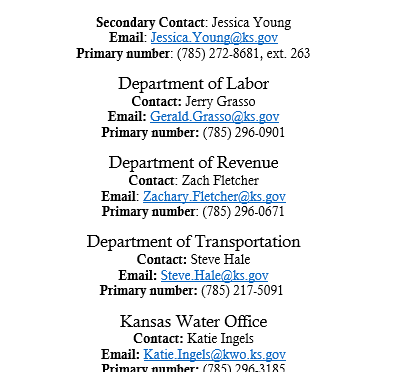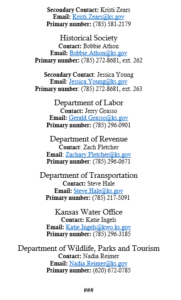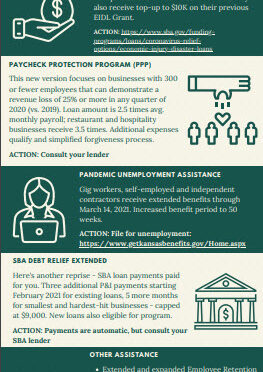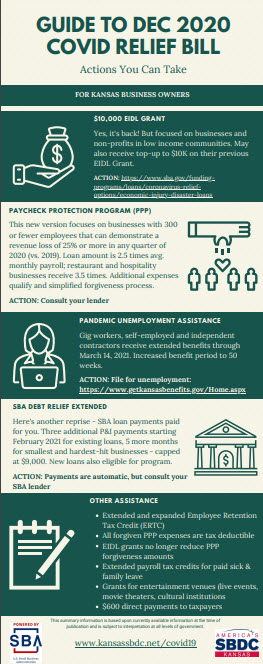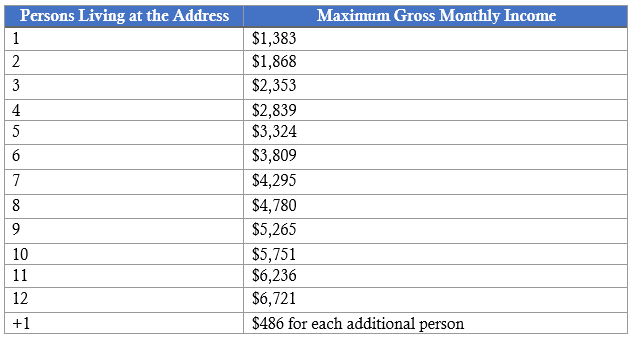Governor Kelly Announces First Statewide Housing Needs Assessment in 27 Years
TOPEKA –Governor Laura Kelly today announced that a planning and design firm with extensive statewide experience will lead Kansas’ first comprehensive housing needs assessment in nearly 30 years. RDG Planning & Design, an Omaha-based consultancy, will conduct an in-depth discovery process, assess current housing opportunities and identify goals, and develop strategic initiatives to guide the state’s future housing development efforts.
“A shortage of quality, affordable housing is one of our state’s biggest barriers to growth and development, particularly in our rural communities,” Governor Laura Kelly said. “This statewide housing assessment will provide us with a starting point on how we can positively affect communities’ abilities to grow and provide the quality of life that every Kansan deserves regardless of their zip code.”
RDG has worked in Kansas communities ranging from Scott City to Chanute, De Soto to Dickinson County. The firm’s initiatives have included collaborating with Dodge City officials to pioneer developing some of the state’s first Rural Housing Incentive Districts (RHID), working with Salina leaders to encourage greater reinvestment in core neighborhoods, and helping Johnson County navigate tremendous new growth.
“Dodge City has put a major focus on addressing our housing shortage to provide essential homes for our workforce,” said Joann Knight, Executive Director of the Dodge City/Ford County Development Corporation. “RDG plays a vital role in our success, and their attention to detail makes understanding housing needs much easier.”
“RDG has had the pleasure to work in every corner of Kansas, from the state’s largest cities to its smallest communities,” said Amy Haase, RDG Principal. “We have developed a deep understanding of the wide breadth of housing opportunities and challenges facing Kansans, and we are proud that communities continue to seek us out both for the expertise we provide and the passion we bring for creating great places.”
Kansas has not conducted a significant housing study in decades, resulting in a shortage of data on existing housing resources and current and projected needs. The Office of Rural Prosperity’s Housing Work Group, an interagency team of state leaders led by KHRC Executive Director Ryan Vincent, identified a needs assessment as a crucial first step in addressing the state’s housing needs and priorities, particularly in rural and underserved areas.
“As I have discussed with Kansans across the state, housing is a barrier for communities to recruiting and retaining skilled workers,” Lt. Governor Lynn Rogers said. “This statewide assessment will allow us to determine what our current housing needs are and how best to address them.”
The state’s Office of Rural Prosperity, in conjunction with Kansas Housing Resources Corporation (KHRC), the state’s housing finance agency, selected the firm through a competitive RFP process and will manage the project. The assessment process is expected to extend throughout 2021, with the final report’s delivery anticipated in December 2021.
###
Governor Laura Kelly and Lieutenant Governor Lynn Rogers created the Office of Rural Prosperity (ORP), a nonpartisan initiative established in part to ensure that rural Kansas is heard and represented in the statehouse. The ORP aims to streamline rural policy while focusing on the issues that matter to rural Kansans. During the ORP’s 2019 and 2020 statewide listening and action tours, housing was brought up by leaders in every region of the state as a vital component of recruiting and retaining workers, families, and entrepreneurs to help rural Kansas thrive.
Kansas Housing Resources Corporation (KHRC) helps Kansans access the quality, affordable housing they need and the dignity they deserve. Codified at K.S.A. 74-8901 et. seq., KHRC is a public corporation and independent instrumentality of the state. KHRC serves as the state’s housing finance agency (HFA), administering essential housing and community programs to serve Kansans. Learn more about KHRC’s core values, programs, and services online.
